7 things about Netflix’s password-sharing crackdown you need to know
After more than a year of warning, Netflix is cracking down on password-sharing in three major markets, including the United States. That’s the big news this week, as Netflix announced the latest steps on its internal website.
The decision, which happened just as some HBO Max users angrily complained online about the switch to the Max streaming service, comes at a big moment for the best streaming services. Disney Plus and Hulu are pulling shows and movies just as HBO Max did and price hikes are happening as often as ever.
And while family members will be angry that they need to pay more (the Netflix price is as high as $20 already) to share with relatives in other locations, it doesn’t seem like you have any other options. At least aside from canceling your Netflix subscription.
So, let’s break down all the details about this very confusing situation, so you know what’s going on if Netflix warns you about breaking its rules.
1. Netflix’s password-sharing crackdown is all about what a ‘household’ is
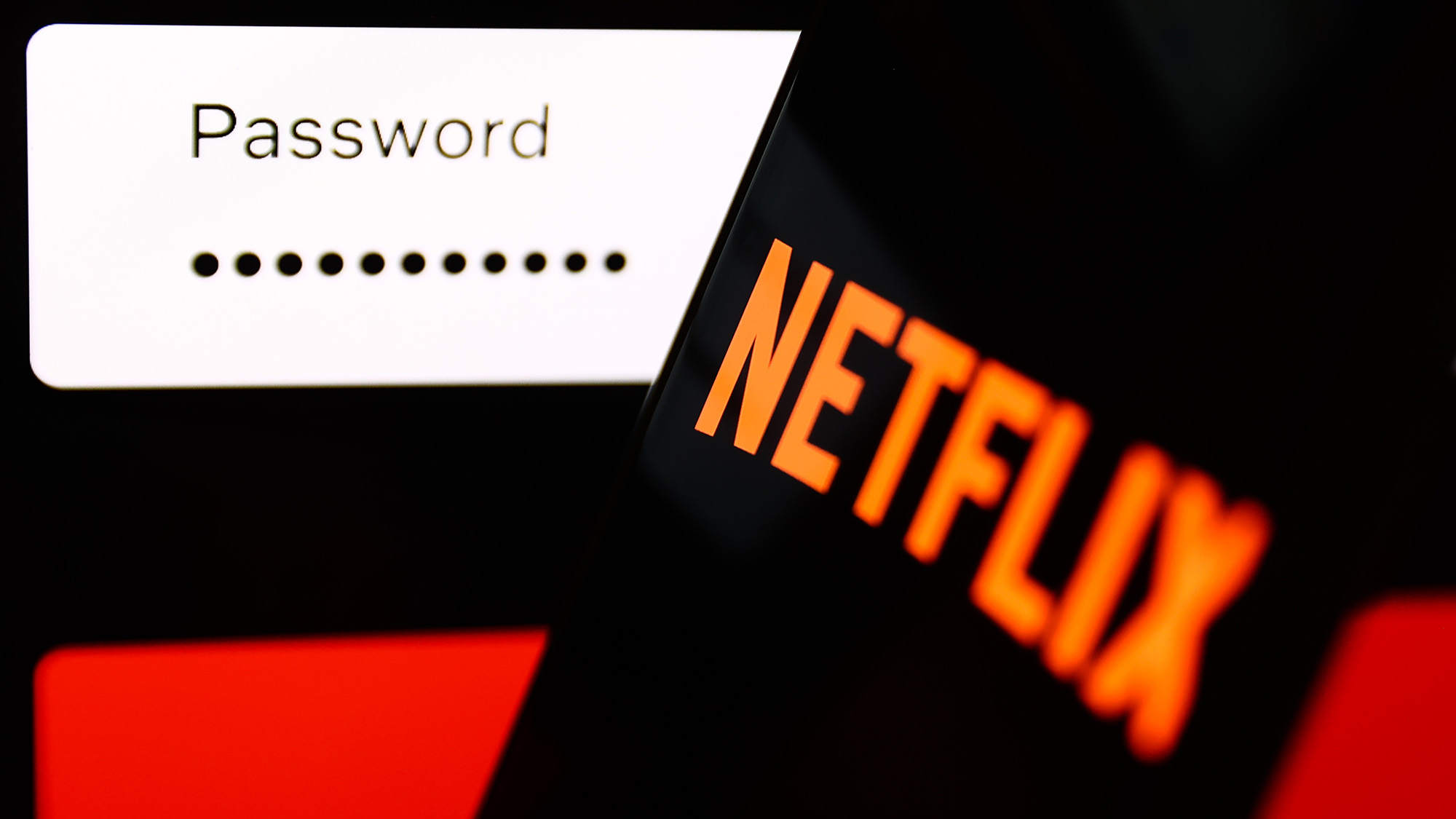
In 2022, Netflix basically announced that it would begin to stop users from sharing its accounts in ways it believes go against the rules. Now, Netflix is explicitly stating that a single Netflix account is meant for use within one household.
Currently, Netflix defines a household as “a collection of the devices connected to the internet at the main place you watch Netflix. … All other devices that use your Netflix account on the same internet connection as this TV will automatically be part of your Netflix Household.”
The company started testing this out in Peru, Chile and Costa Rica last year, and then expanded to other regions earlier this year, including Canada.
2. The Netflix password-sharing crackdown is live
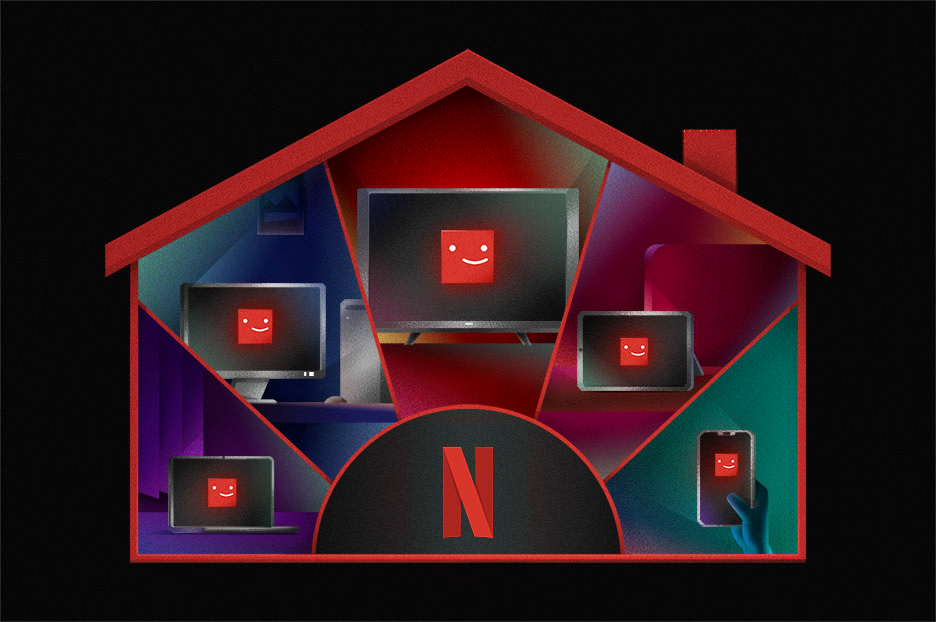
Netflix announced it would alert users in the United States, the United Kingdom and Australia about breaking the one household rule on Tuesday, May 23rd. The announcement, titled “Update on Sharing,” stated it would start sending out warning emails that very same day.
What’s peculiar about this email is that while Netflix said it “will be sending this email to members who are sharing Netflix outside their household,” the email doesn’t actually say if you’re breaking the rules. It’s apparently supposed to be a preamble for the following warning.
3. Netflix will just stop you from watching
Netflix didn’t explicitly explain how it will do this in the email, but we already have an example. Canada-based Twitter user @TheCatzilla shared the below image of a TV that basically gave a long-winded version of Seinfeld’s The Soup Nazi saying “No soup for you!”
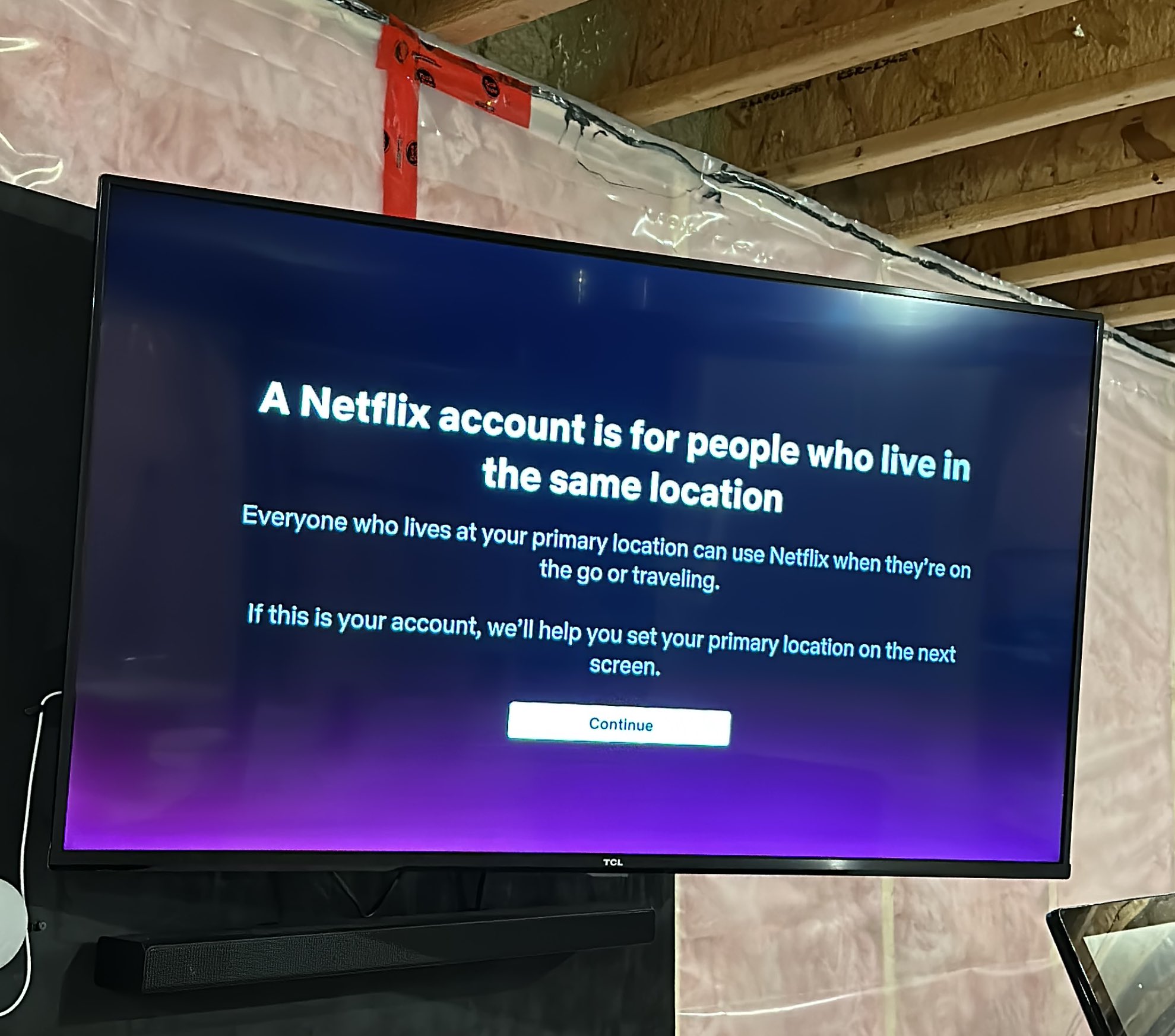
Of course, you can try and challenge the notification, and switch your primary location, but that’s going to cause a headache for the person using Netflix somewhere else. Many will try and see how much they can eke out of Netflix, but we doubt this will work.
4. You can’t use a VPN to get out of this
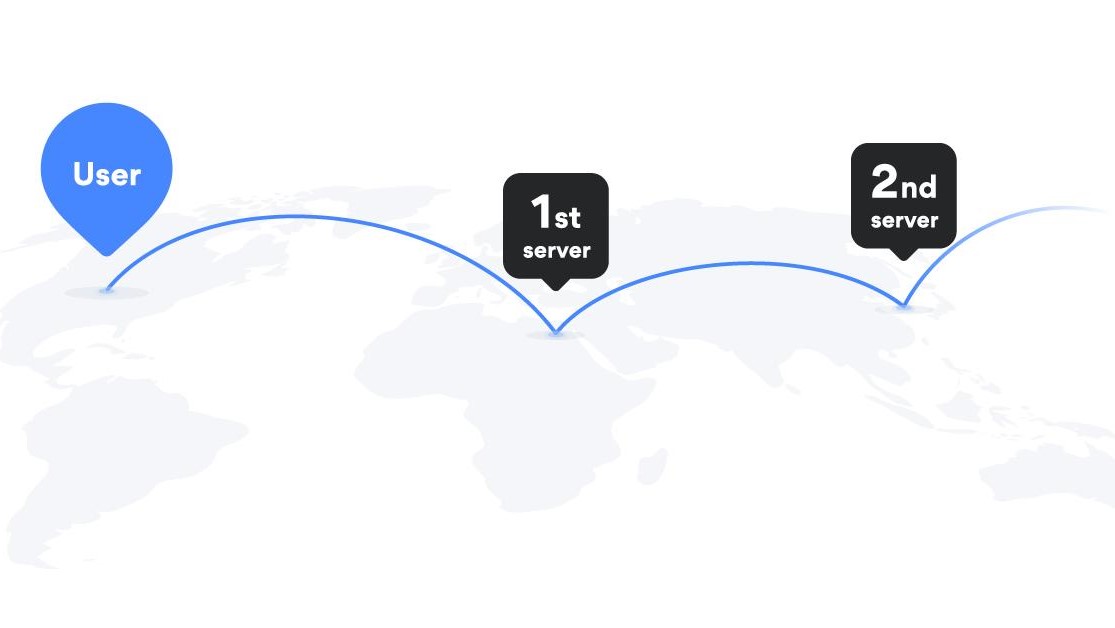
Tech-savvy Netflix customers, or even just those who listen to ad-breaks on podcasts, have probably heard they can use one of the best VPNs to watch content that isn’t in their country’s version of Netflix. This is because of how distributors sell different rights for TV shows and movies to different services in different countries.
And while that’s worked in the past, VPNs don’t let your Roku device or Fire TV stick appear to be in a specific household. So, don’t go thinking you can out-think Netflix here.
5. Netflix’s charging 800 pretty pennies for this
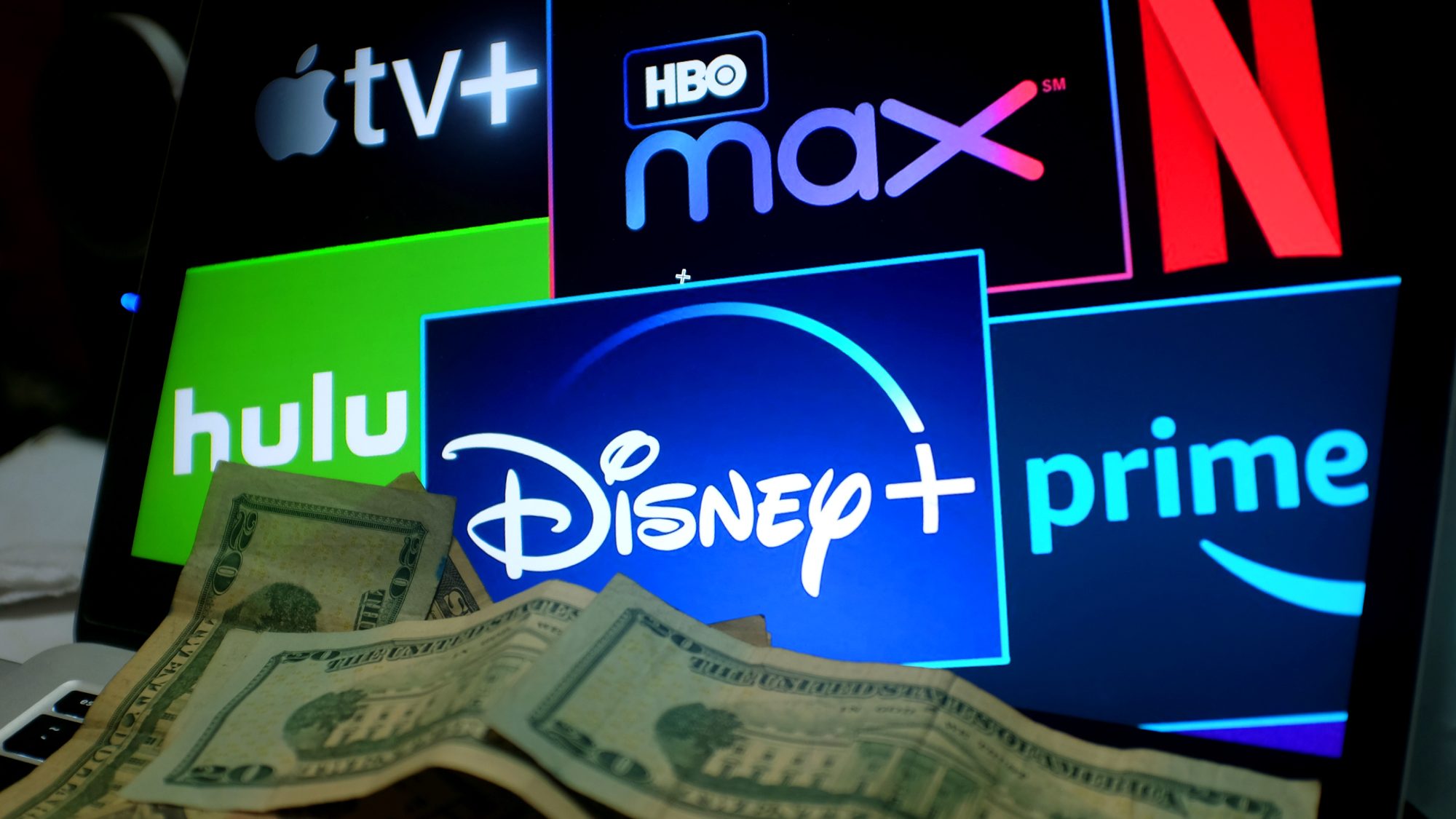
Instead of just making you buy a new account, which you probably wouldn’t do, Netflix has a cheaper alternative. It’s been called “Paid Sharing,” but Netflix didn’t use that language in its most recent salvo.
Now, Netflix is framing this as the ability to buy “an extra member” of your household. It’s priced those “members” out at $8 / £4.99 / AU$7.99.
6. Why Netflix is doing this
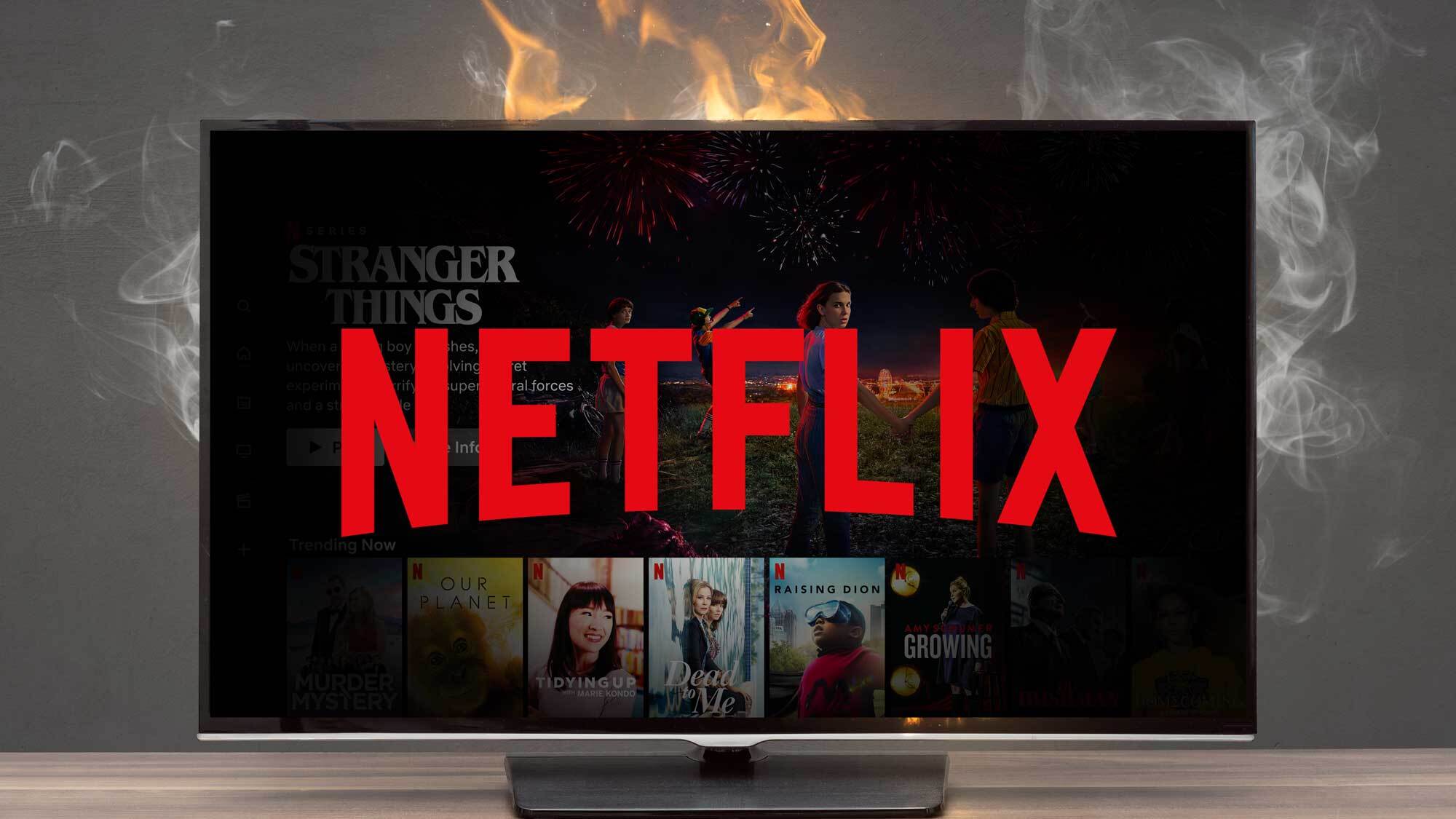
The obvious reason is “Netflix wants more money.” But why is this happening now? Well, let’s look back at when we first learned about the Netflix password-sharing crackdown: April 19, 2022.
As Netflix revealed its first quarterly report with an overall loss in subscribers in more than 10 years, it also revealed that it would target password-sharers. So, this can be seen as one way to grow Netflix’s subscriber numbers when it can’t find new users.
In an attempt to seem less craven, Netflix frames this conversation as being about the content it makes, stating password-sharing has been “impacting [its] ability to invest in great new TV and films.”
At least Netflix didn’t blame account-sharing for why it cancels existing shows.
7. Netflix knows this is going to anger people
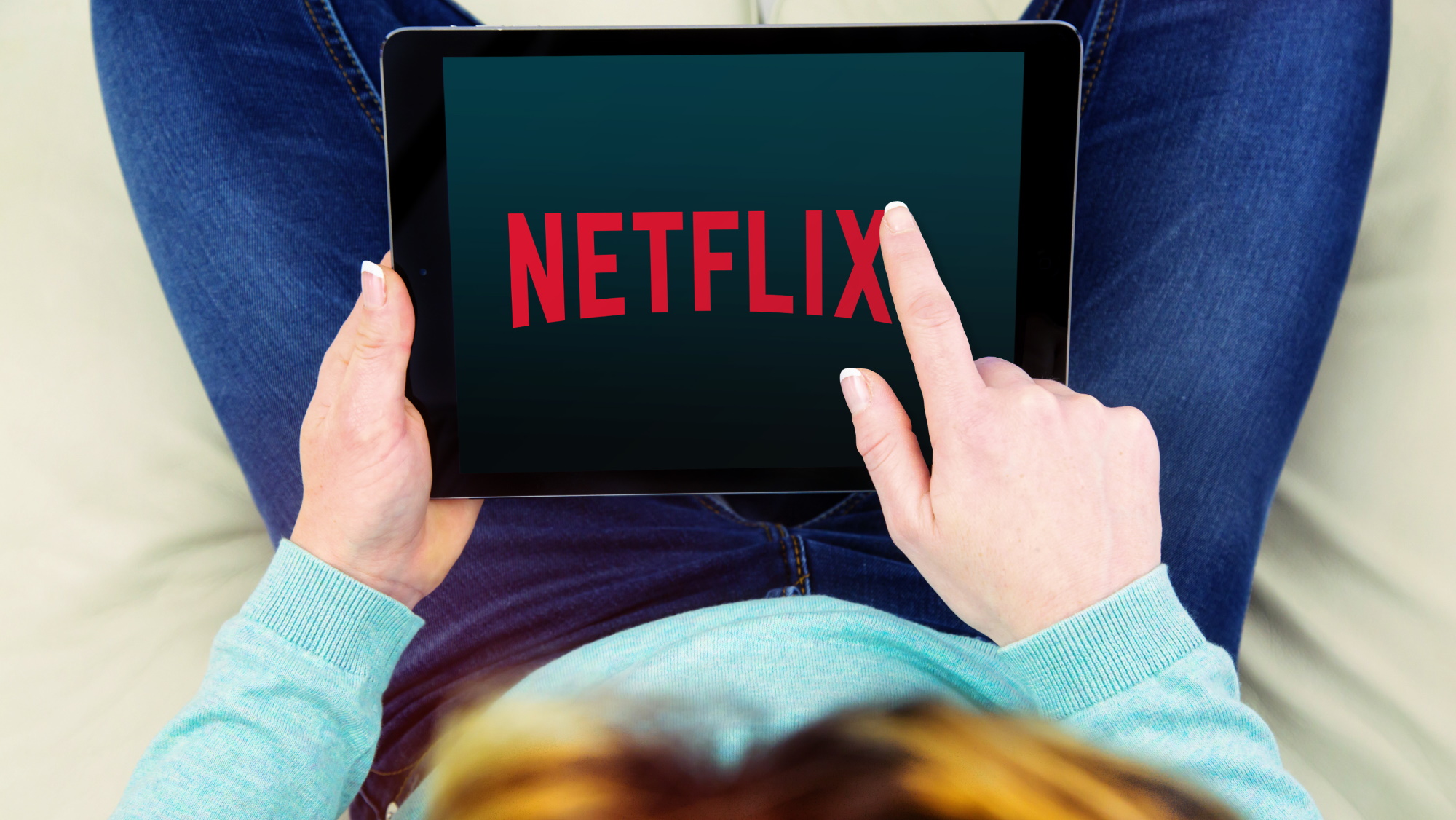
Netflix is likely used to seeing “cancel Netflix” trend on social media, and it’s probably aware of the reports that 1 million Netflix users canceled their accounts in Spain while the password-crackdown was going on.
The bad news for anyone expecting a backlash? Netflix’s Q1 2023 letter to shareholders explained that it expects to see its results swing positive after going negative. It wrote “As with Latin America, we see a cancel reaction in each market when we announce the news, which impacts near term member growth. But as borrowers start to activate their own accounts and existing members add “extra member” accounts, we see increased acquisition and revenue.”
More from Tom’s Guide
For all the latest Technology News Click Here
For the latest news and updates, follow us on Google News.
